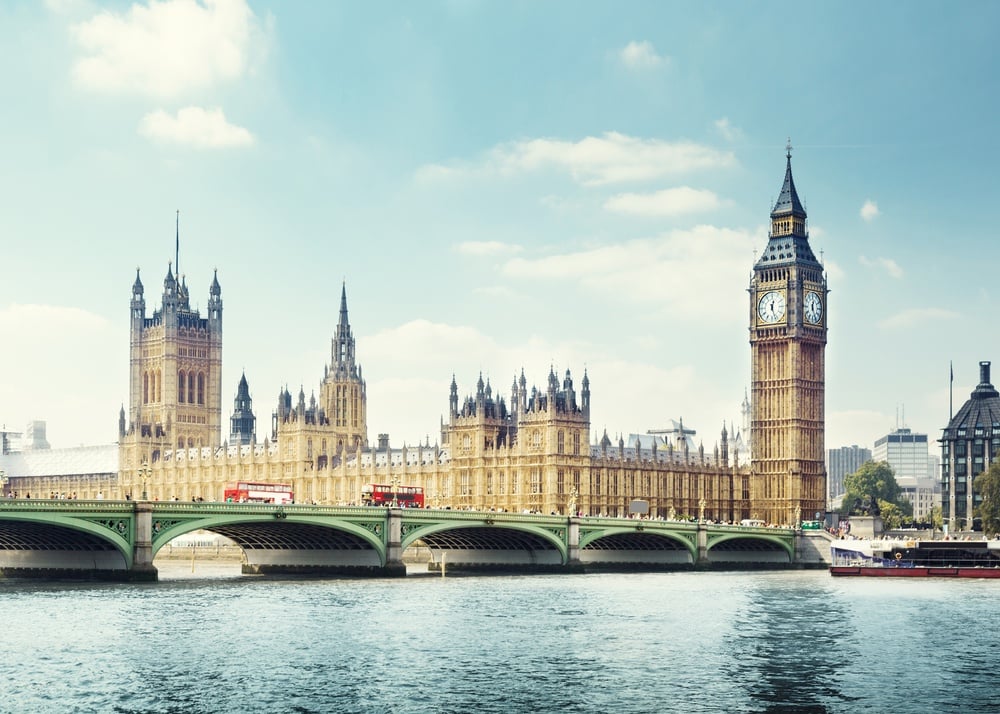
Chancellor Phillip Hammond delivered his Autumn Budget on Monday 29 October, the first Budget held on a Monday since 1962.
Below are a few key changes announced that we feel will impact businesses:
- Annual Investment Allowance increase and further changes to capital allowances
- Off-payroll working in the private sector
- Restrictions to the Employment Allowance for larger employers
- Measures to tackle plastic waste
- Introduction of Making Tax Digital (MTD) for VAT from April 2019
- Threshold for VAT registration to remain unchanged for a further two years
- Restrictions to R&D Tax Credits
- Additional relief for the cost of acquiring IP-rich businesses
- Business rates reduced by one third for the next two years for small retailers
Annual Investment Allowance Increases to £1 million
The Chancellor announced a temporary increase of the Annual Investment Allowance (AIA) to £1 million with effect from 1 January 2019.
The measure will allow businesses to claim a 100% deduction from taxable profits in respect of capital purchases of plant and machinery up to a maximum level of £1 million per year until 31 December 2020.
While this increase will provide significantly faster tax relief for businesses investing in plant and machinery over the next two years, care should be taken by businesses whose accounting periods straddle the effective date as complicated apportionment calculations and restrictions will apply.
Capital Allowances Changes
Capital allowances will be available under the new Structures and Buildings Allowance in respect of new non-residential structures and buildings. Relief will be available for eligible construction costs on contracts entered into after 29 October 2018 at a rate of 2% per annum on a straight-line basis.
The rate of writing down allowance available on the special rate pool will be reduced from 8% to 6% from April 2019. The special rate applies to certain plant and machinery purchases including integral features within buildings, thermal insulation, long life assets and cars with CO2 emissions of more than 110g/km.
April 2020 will see the end of the 100% first year allowance in respect of purchases of energy and water saving products. However, the 100% first year allowance available for expenditure incurred on electric charge point equipment has been extended to 2023.
Off-Payroll Working in the Private Sector
Since the introduction of these rules to public sector bodies in April 2017, the extension into the private sector has been widely anticipated.
From April 2020, medium and large private sector businesses will be required to identify instances of individuals working through personal service companies or other intermediaries and operate PAYE, deducting employment taxes at source, where the individual would be considered an employee if it were not for the intermediary.
Employment Allowance
The Employment Allowance provides businesses and charities with a reduction of up to £3,000 from their employer’s NIC liability each year. From April 2020, the Employment Allowance will only be available for employers whose employer’s NIC liability was below £100,000 in the previous tax year.
Measures to Tackle Plastic Waste
As part of the government’s response to tackling plastic waste, the following announcements were made:
- Single-use plastics will be addressed in the Resources and Waste Strategy later in the year for situations where recycling rates are too low and producers use too little recycled plastic.
- The issue of excess and harmful packaging will be addressed with a tax on the production and importation of plastic packaging which does not contain at least 30% recycled plastic. This tax will be implemented in April 2022.
- The Resources and Waste Strategy will also consider ways of reducing the environmental impact of disposable cups. The government does not believe that a levy would be effective at this time but will return to the issue if insufficient progress has been made by those businesses already taking steps to address the matter.
Introduction of Making Tax Digital (MTD) for VAT from April 2019
HMRC is phasing in its landmark Making Tax Digital (MTD) regime, which will ultimately require taxpayers to move to a fully digital tax system. Regulations have now been issued which set out the requirements for MTD for VAT. Under the new rules, businesses with a turnover above the VAT threshold (currently £85,000) must keep digital records for VAT purposes and provide their VAT return information to HMRC using MTD functional compatible software.
The new rules have effect from 1 April 2019 where a taxpayer has a VAT return period which begins on that date, or otherwise from the first day of a taxpayer’s first VAT return period beginning after 1 April 2019. HMRC has recently announced that the rules will not have effect for some VAT-registered businesses with more complex requirements until 1 October 2019. Included in the deferred start date category are VAT divisions, VAT groups and businesses using the annual accounting scheme.
VAT Registration Threshold
The government had previously announced that the VAT registration and deregistration thresholds would be frozen at £85,000 and £83,000 respectively until April 2020.
They have now announced that this freeze will continue for a further two years until April 2022.
Restrictions to R&D Tax Credits
To help prevent abuse of the Research and Development (R&D) SME tax relief by artificial corporate structures, the amount that a loss-making company can receive in repayable R&D tax credits will be capped at three times its total PAYE and NIC liability from April 2020.
Additional relief for the cost of acquiring IP-rich businesses
The Intangible Fixed Assets regime, which was introduced from 1 April 2002, fundamentally changed the way the UK corporation tax system treats intangible fixed assets (such as copyrights, patents and goodwill). As the regime is now more than 15 years old, the government would like to examine whether there is scope for reforms that would simplify it and make it more effective in supporting economic growth.
Following a short consultation, the government will seek to introduce targeted relief for the cost of goodwill in the acquisition of businesses with eligible intellectual property from April 2019.
With effect from 7 November 2018, the government will also reform the de-grouping charge rules, which apply when a group sells a company that owns intangibles, so that they more closely align with the equivalent rules elsewhere in the tax code.
Business rates reduced by one third for the next two years for small retailers
Business rates will be cut by a third for two years for shops, pubs, restaurants and cafes with a rateable value of £51,000, under in a bid to save Britain’s high street.
See also;

David Robinson
As a Tax Partner, I advise clients on all aspects of UK tax, ranging from business taxes, transactions and private client matters, helping to achieve the objectives and aspirations of businesses and their owners.
View my articlesTags: Business Taxes
